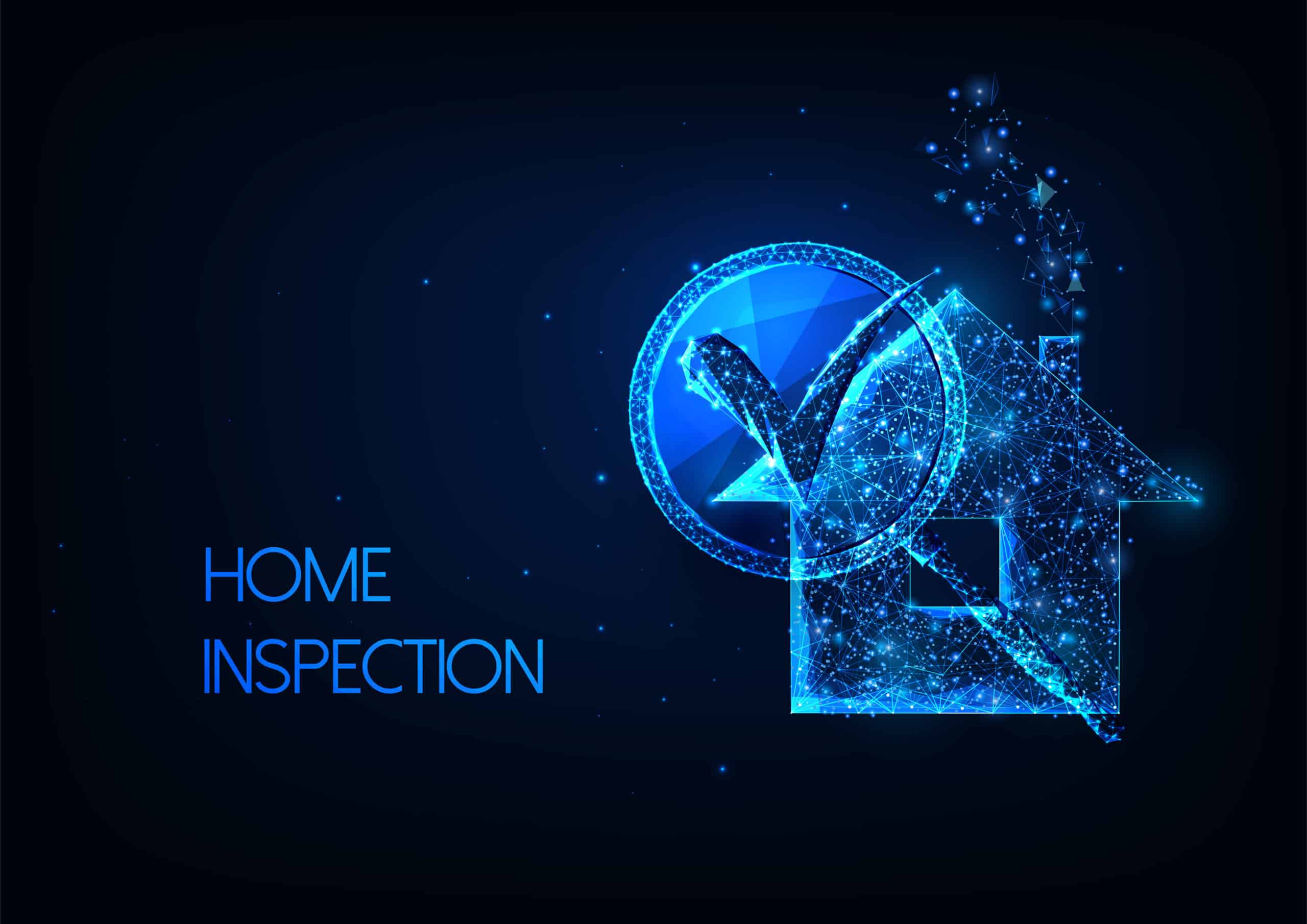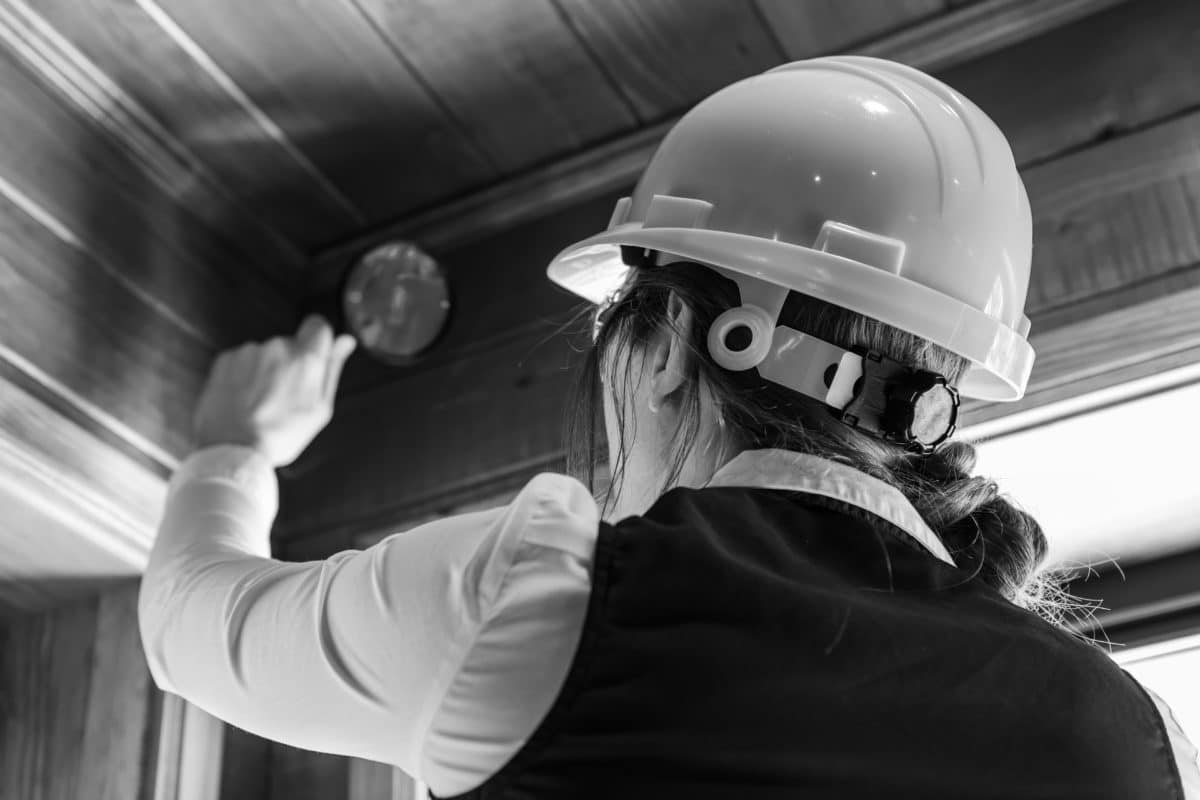Many people who are in the process of buying a home may wonder, is radon testing a part of the home inspection process? Typically, the answer to this question is yes. Your home inspector should offer radon testing as part of the home inspection process. However, not all home inspectors will.
They may leave it up to you to specify whether or not you want the testing completed.
Sometimes radon testing will be an additional cost depending on which home inspection company you use. Not all home inspectors have their radon testing license but they will contract the testing to a licensed company so they are able to still provide you with the service.
So now the question becomes, why should I even pay an additional fee to have a radon test completed during my home inspection?
Radon gas is the second leading cause of lung cancer in the United States and kills more people per year than drunk driving.
Radon is an odorless, colorless, and tasteless gas that is naturally created from the decay of radioactive elements, such as uranium, which can be found in different amounts in soil and rock.
HOW CAN I TELL IF MY POTENTIAL HOME HAS RADON?
The only way to know for sure if the home you are in the process of purchasing contains elevated levels of radon gas is to have a test performed by a licensed radon testing specialist. Radon Testing Near Me
After the 48 hours are complete, the specialist will return to the home, collect the test results and send them immediately to you.
You will also receive a detailed report stating whether or not further action is required.
If you are in the process of purchasing a home, the last thing you want to do is buy a house that contains elevated levels of this radioactive, cancer-causing gas.
Even though you may pay an additional fee to have your home tested during the home inspection, the sellers will be responsible for installing a Radon Mitigation System if the radon test results come back at a 4.0 pCi/L or higher.
If the home tests at a 4.0 or higher, The Environmental Protection Agency recommends that a radon removal system be installed before going through with the purchase of the home.
WHAT IF I DON’T HAVE THE HOME TESTED?
If you tell your home inspector that you do not want a radon test, you will miss your chance at having the seller pay for the removal system if the home contains elevated levels of radon.
You may not think that is a problem up front, however, if you ever go to sell the home, and it tests elevated, it will then be up to you to pay for the installation.
Not to mention, continued exposure to high levels of radon gas can affect the overall cellular activity within lung tissue and causes an observable increase in the chance of contracting lung cancer.
IF YOU ARE IN THE PROCESS OF BUYING A HOME, HAVE IT TESTED FOR RADON
When you are scheduling your home inspection, you should always have a radon test included in the inspection process.
The goal of a home inspection is to check and make sure there is nothing major wrong with the home you will be moving your family into. If a radon test is not performed, you will be missing a very crucial part of the process.
Moving into a home when you do not know the radon concentration levels will be doing a massive disservice to your family.





